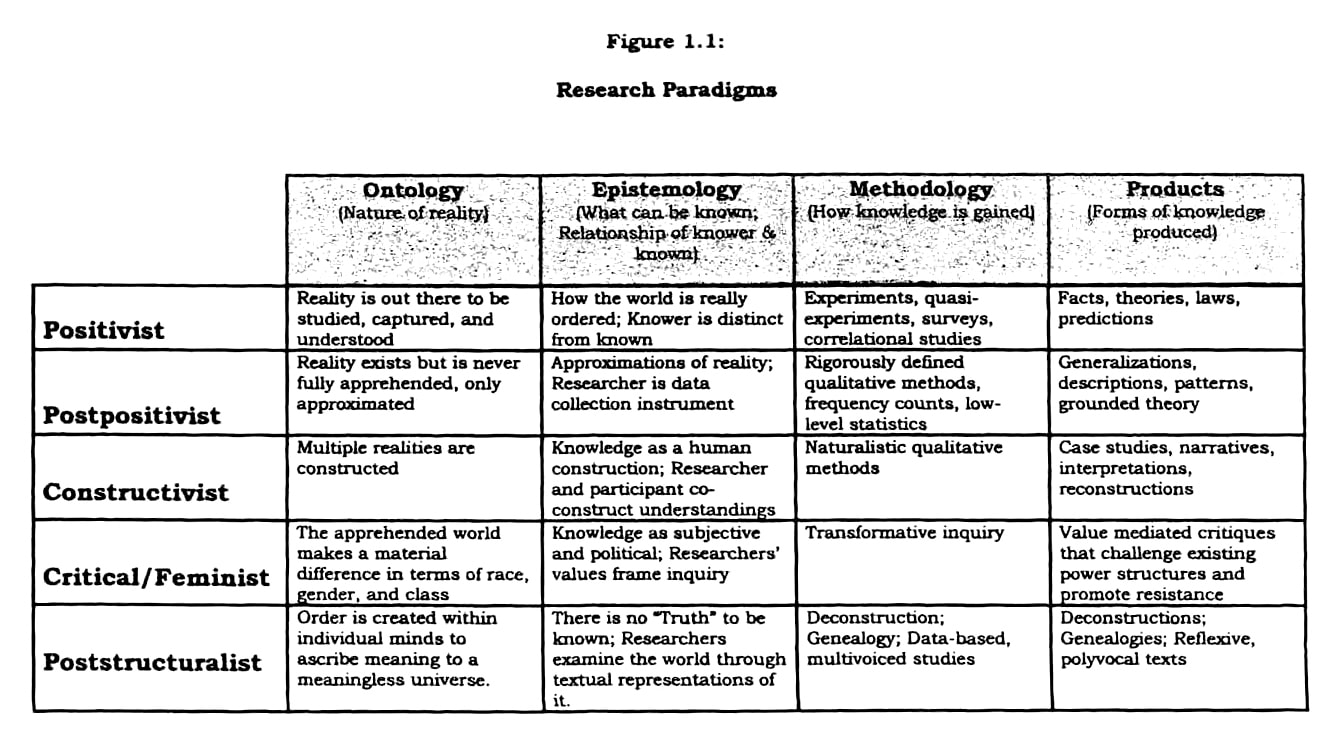While half of the replication attempts in this study failed, half succeeded. That is wonderful news for the researchers whose studies succeeded.
The methods of the replication attempts appear to be valid and thorough, according to the article. The replication attempts also checked for possible cultural differences.
That half of the original study results were replicable across cultures is a positive outcome, at least for the half of the studies that were confirmed.
The researchers from the unconfirmed studies can return to their methodologies to evaluate how they might improve their studies, and maybe can confirm their outcomes, or otherwise, modify their conclusions.
The article is not clear about the actual research methodologies that were evaluated. I assume the study designs were quantitative as opposed to qualitative, because qualitative studies generally may not be expected to be replicable.
The first thought that I had after "The glass is half full," was of the work by Hatch (2002) on research paradigms. Not all research can be replicated. See the illustration below.
References
Hatch, J. A. (2002). Doing qualitative research in education settings. Suny Press.
Yong, E. (2018). Psychology’s Replication Crisis Is Running Out of Excuses. Retrieved from https://www.theatlantic.com/science/archive/2018/11/psychologys-replication-crisis-real/576223/

 RSS Feed
RSS Feed